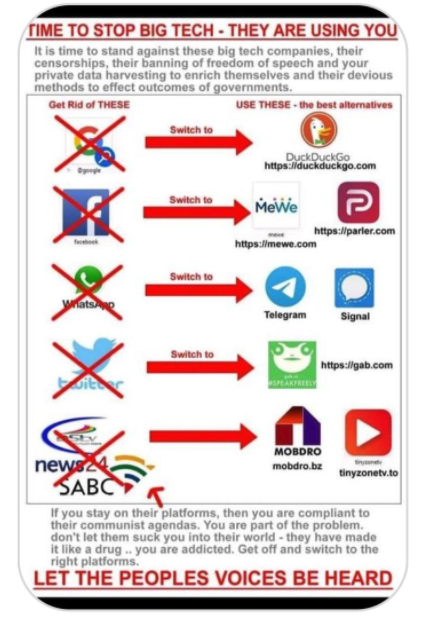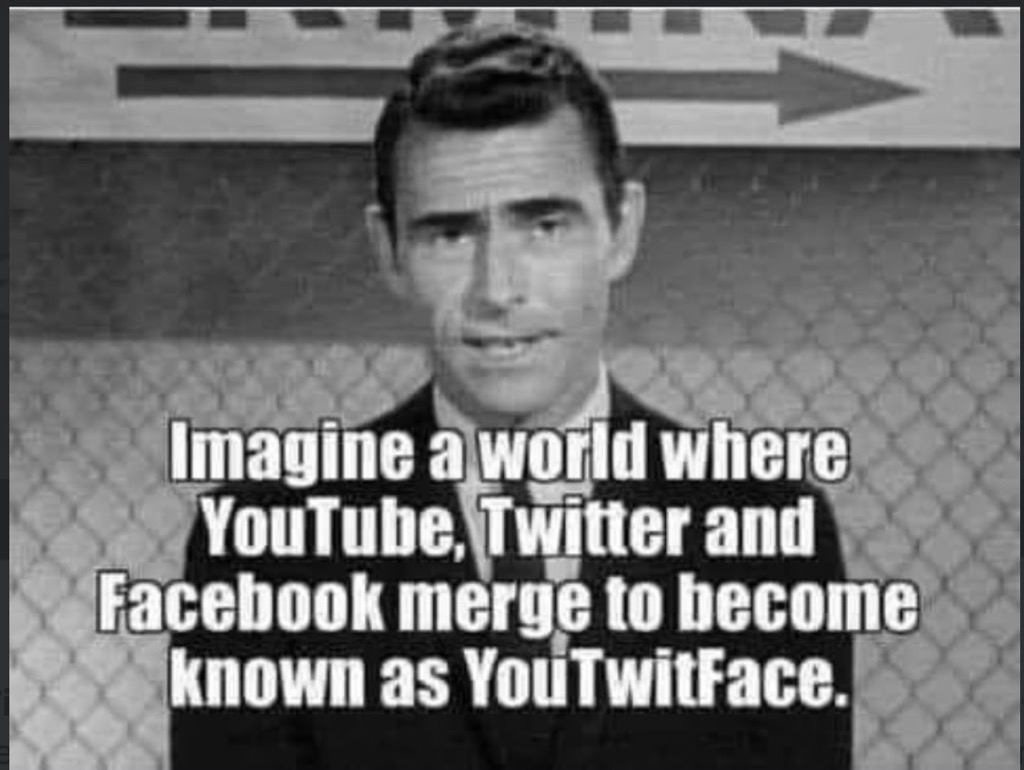Rep. John Haller introduces homeland terrorism preparedness bill
06. THE THOUGHT POLICE
Academic knowledge has systematically been privatizated through corporate complicity and the business of patenting. The corporatization of intellectual property jeopardises our creative and political imagination in shaping reality.
Our world is more and more being redefined by Big Data: giant tech companies like Google, Facebook, Amazon and Microsoft have hijacked our personal data without our knowledge and are using it against us to generate profit. Our very agency and privacy is subjected and reduced to a market logic that makes us dance to tunes of Big Data. WE have become the product. ‘We’ are the real revenue stream in this digital economy.
It matters what thoughts think thoughts. It matters what knowledges know knowledges. It matters what relations relate relations. It matters what worlds world worlds. It matters what stories tell stories.
—Donna Haraway
(in: Staying with the Trouble, Making Kin in the Chthulucene)
It may not seem obvious, but as professors Michael Madison, Brett Frischmann and Katherine Strandburg put it, the university is a “constructed cultural commons.” The university system uses the commons paradigm to help many different people work together to generate new knowledge. It manages the flows of knowledge as a living system, and devises ways to store knowledge, improve it and introduce it to new generations. The university is a complex ecosystem of many smaller-scale commons, such as the graduate and undergraduate college, the school, the department, the library, the archive, the lecture hall and the seminar room. Anyone who lives within academia knows that the language of property rights and market transactions is quite alien to its ethos. A university does not buy and sell knowledge; it nurtures ongoing relationships of trust and reciprocity. It promotes sharing and collaboration in advancing knowledge. Well-regarded professors peer-review their rivals’ papers, for instance, without ever thinking of charging money for this service, one they also benefit from many times over. (David Bollier: Think like a Commoner, 2014: 72–73)
To conclude this chapter, we take a closer look at the digital commons. One of the things we notice is that tech companies realize that open networks naturally foster cooperation and sharing — yet their conventional business models are based on “monetizing” communities, not necessarily on serving their long-term or nonmarket interests. Thus, while Facebook and Google provide many useful services “for free,” they are also aggressively data-mining people’s personal information and selling highly personalized ads to markets that want to invade our minds as we browse the Web. Through its book digitization project, Google is also establishing itself as a privileged, proprietary gatekeeper for access to public-domain materials, to the detriment of competitors and the public. As such examples show, corporations only support “sharing” if they can make money from it. That’s not commoning.(David Bollier: Think like a Commoner, 2014: 125)
Such commercialization poses a serious threat to Traditional Knowledge commons because people may be reluctant to contribute to a commons if they fear that their knowledge could be taken private and sold for money. “One man’s gift must not be another man’s capital,” as the anthropologist Marcel Mauss warned. (David Bollier: Think like a Commoner, 2014: 131)

FURTHER READING & RESEARCH
Angela Nagle, Kill All Normies: Online culture wars from 4chan and Tumblr to Trump and the alt-right (2017)
Michael Pollan, How to Change Your Mind: What the New Science of Psychedelics Teaches Us About Consciousness, Dying, Addiction, Depression, and Transcendence (2018)
Stefano Harney and Fred Moten: The Undercommons: Fugitive Planning &Black Study (2013) [ see chapter 2: The University and the Undercommons ]
Jennifer Washburn, University, Inc. (2005)
David Bollier, Silent Theft (2002) + Viral Spiral (2008)
Charlotte Hess & Elinor Ostrom, Understanding Knowledge as a Commons (2007)
George Orwell, Nineteen Eighty-Four (1949)
Aldous Huxley, Brave New World (1932)
Philips Commercial, The Mystery of Double Shaving Technology
Evolution of TV, Courtesy Telenor
Sidney Lumet: Dog Day Afternoon
